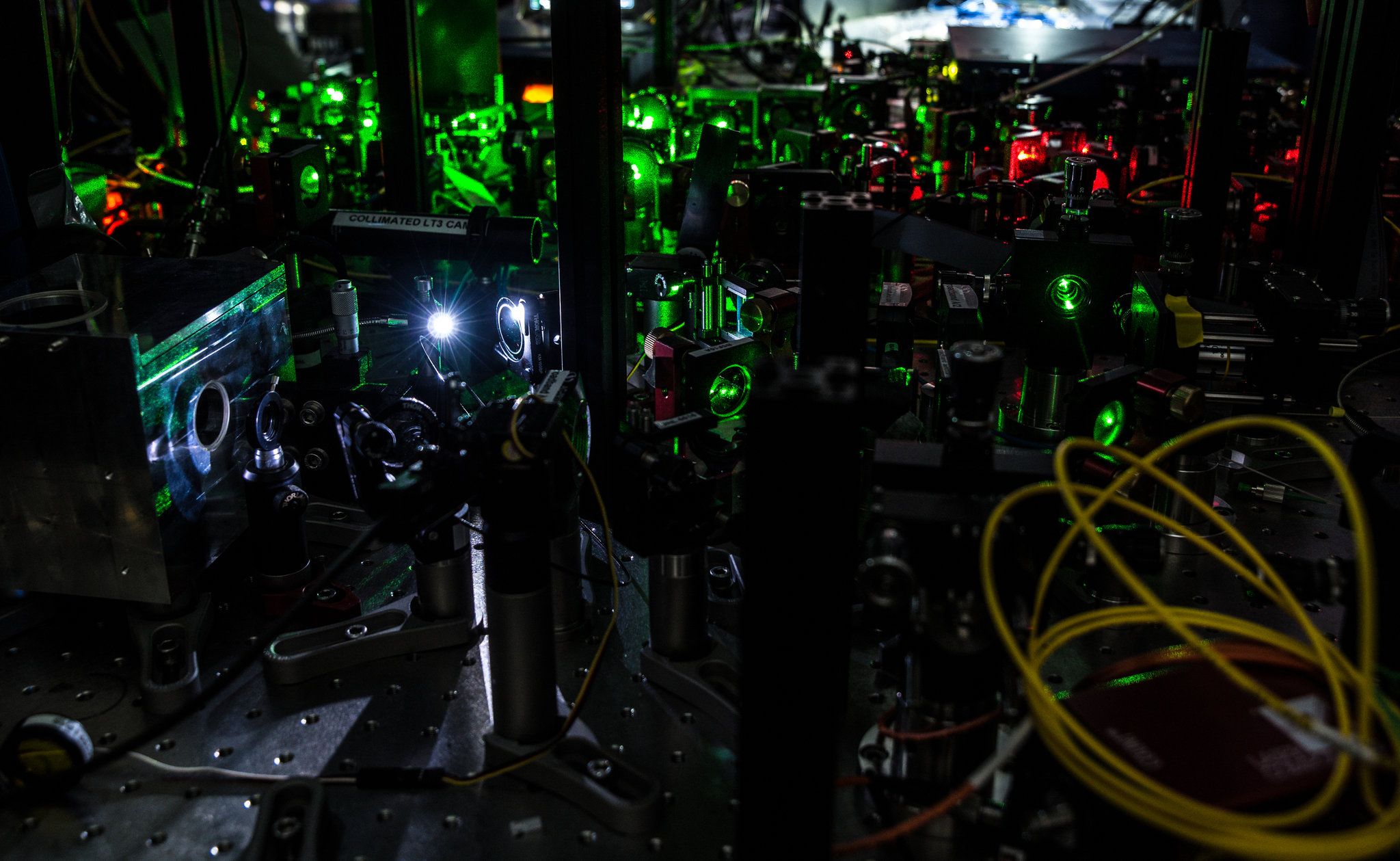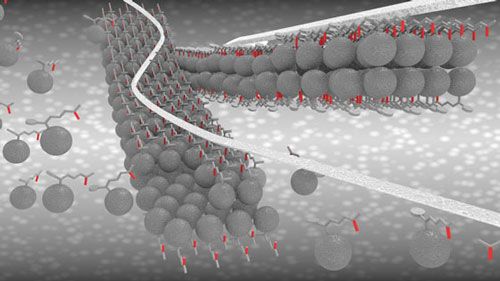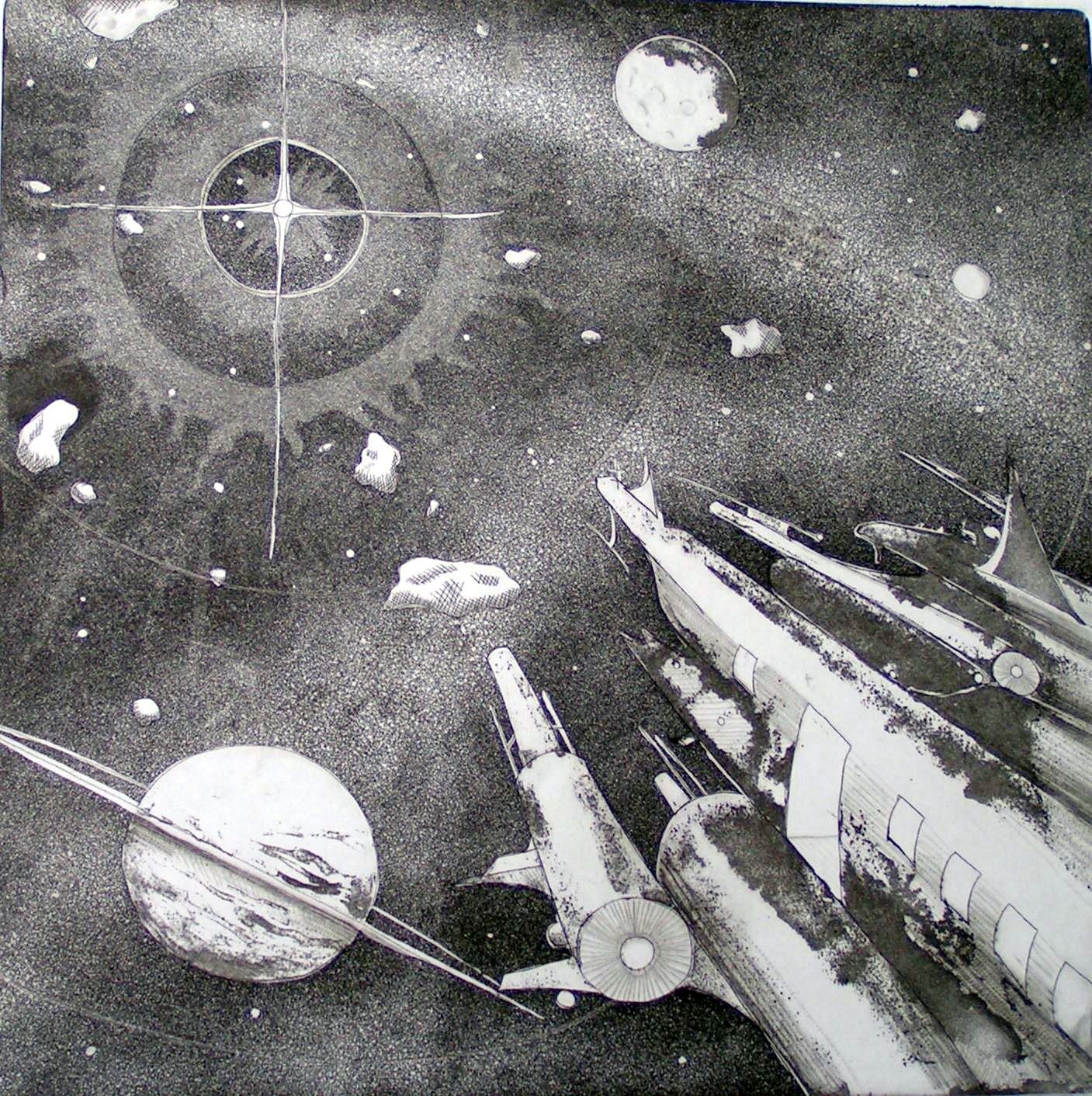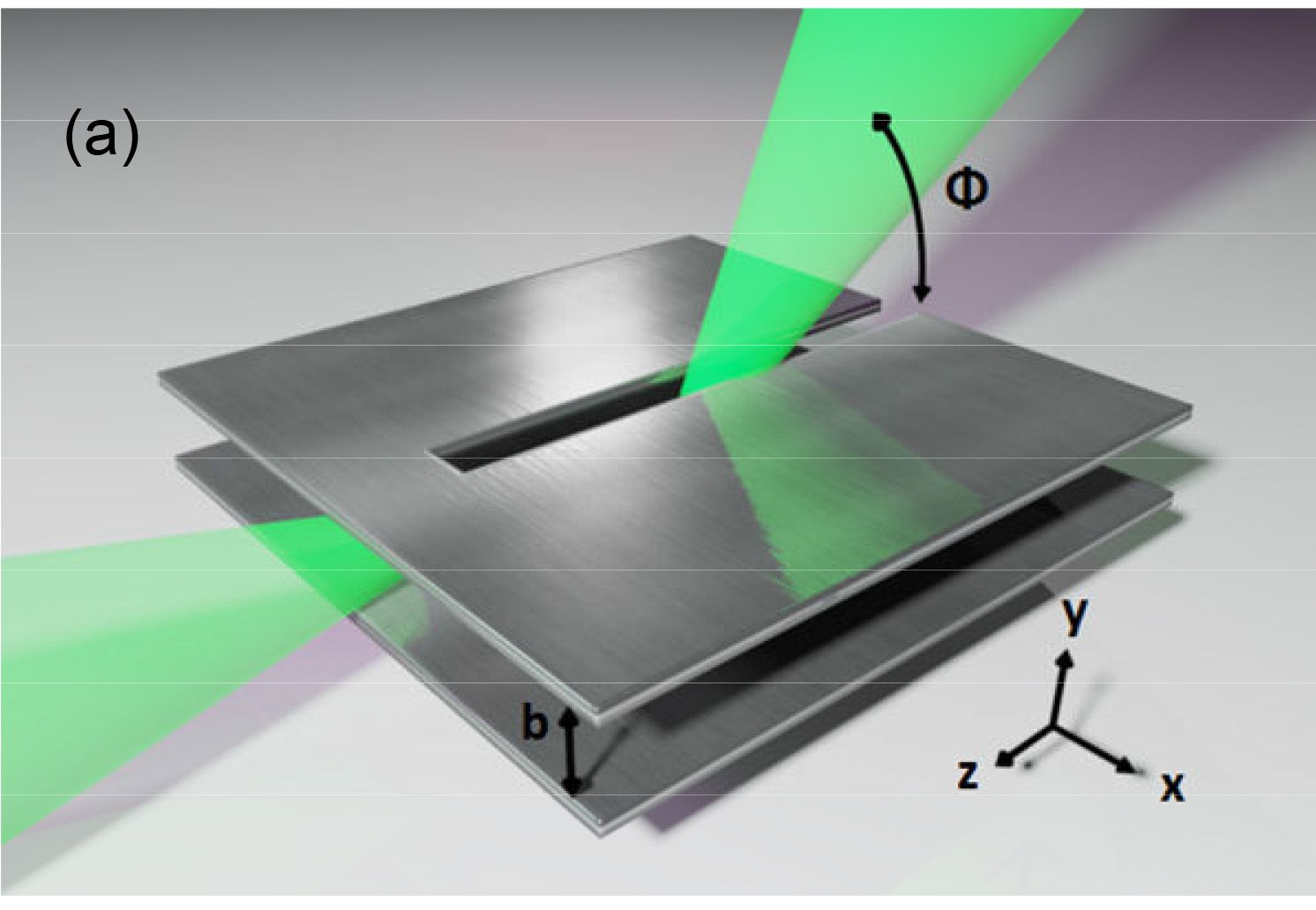Oct 22, 2015
Quantum Theory: ‘Spooky Action at a Distance’ confirmed
Posted by Philip Raymond in categories: encryption, general relativity, physics, quantum physics, science
In one of my first articles for Lifeboat,* I provided an experimental methodology for demonstrating (or proving) the instantaneous ‘communication’ between quantum entangled particles. Even though changes to one particle can be provably demonstrated at its far away twin, the very strange experimental results suggested by quantum theory also demonstrate that you cannot use the simultaneity for any purpose. That is, you can provably pass information instantly, but you cannot study the ‘message’ (a change in state at the recipient), until such time as it could have been transmit by a classical radio wave.
Now, scientists have conducted an experiment proving that objects can instantaneously affect each other, regardless o the distance between them. [continue below]
[From The New York Times—Oct 21, 2015]:
Sorry Einstein.
Quantum Study Suggests ‘Spooky Action’ is Real
Continue reading “Quantum Theory: ‘Spooky Action at a Distance’ confirmed” »















